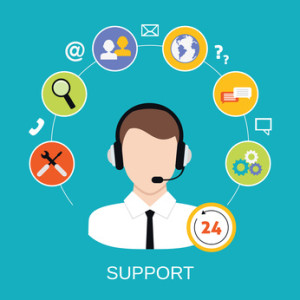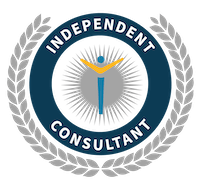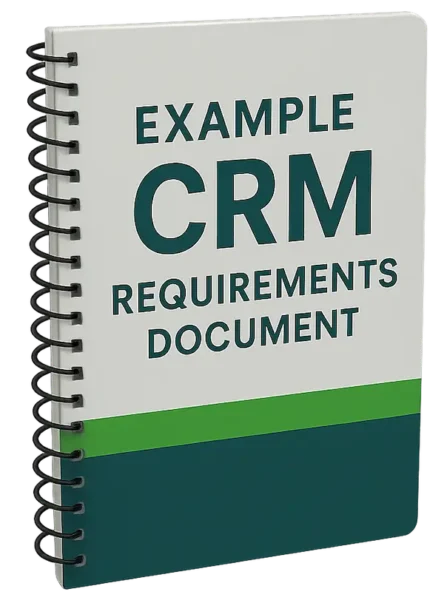 Customer self service (CSS) can be an important companion to a CRM system. CSS allows customers to perform many standard tasks, such as setting up accounts and paying bills, without the help of a CSR. This offers added convenience to customers, as they don’t have to wait for a CSR to help them, while also reducing customer service costs for the business.
Customer self service (CSS) can be an important companion to a CRM system. CSS allows customers to perform many standard tasks, such as setting up accounts and paying bills, without the help of a CSR. This offers added convenience to customers, as they don’t have to wait for a CSR to help them, while also reducing customer service costs for the business.
A customer self service portal also allows clients to access information relevant to their needs. Online knowledge bases and community support pages give your customers 24/7 access to a wealth of information that can help them resolve issues and make buying decisions. Again, all of this occurs on the customer’s terms, without tying up customer service resources.
All of the major CRM vendors have options for adding customer self-service capabilities. Here’s a look at the CSS capabilities of Salesforce, Microsoft Dynamics CRM, and SugarCRM.
Salesforce1 Service Cloud
Built on the Salesforce1 platform, Service Cloud provides a multi-channel portal for customer engagement. Embedding Service Cloud into apps and products allows users to instantly trigger customer service cases by touching an icon. The service case is then linked with CRM data, giving the relevant CSRs a “360-degree view of the customer.”
Service Cloud also allows for the creation of communities, giving customers the ability to work together, and with online agents, to resolve issues. The best answers, and established protocols, can be published in an online knowledge base, making them readily available for other users.
Salesforce1 Service Cloud integrates with enterprise solutions and is fully scalable and customizable. It is available in three editions, with prices of $65, $135, and $300 per user, per month.
Dynamics CRM and Parature
In January of 2014, Microsoft purchased Parature, a world-class customer service provider built on the SaaS model. This purchase added multi-channel support capabilities to Dynamics CRM. With the addition of Parature, Dynamics users now have the ability to offer a much wider variety of customer service options to their customers.
Using Parature, businesses can create and publish knowledge bases containing everything from software downloads to how-to videos. Businesses can also offer FAQs, troubleshooting guides, and detailed instructions for handling known issues. All of these options allow customers to engage on their own terms, while reducing the load on CSRs.
Parature is integrated into the Dynamics platform, and offers numerous options for customization.
SugarCRM Customer Self-Service
The self-service portal from SugarCRM offers a variety of ways to increase customer engagement while lowering service costs. Their portal is cross-device compatible and can be used along with SugarCRM data to create a 360-degree view of customer activity.
Businesses can use the self-service portal to provide customers with a searchable knowledge base, FAQs, downloads, and community support pages. The self-service portal is available 24/7, and compatible with most devices, allowing customers to engage on their own terms, in their own time.
Currently, customer self-service is available in the Sugar Enterprise and Sugar Ultimate editions, priced at $60 and $150 per user, per month, respectively.
Great Tools Equals Great Service
CRM is all about improving customer experiences. When customers have better experiences, businesses retain more clients. Sometimes, the best way to help customers is to get out of their way and let them help themselves. That only works if you’re providing them the tools and information they need to help themselves effectively and efficiently.
Customer Self Service lets the customer take charge of the flow of information, while keeping you in control of the information itself. Customers, when left to their own devices, may seek information from any source, regardless of its accuracy. With a customer self service portal, you can provide them with an authoritative information source, that’s available on their terms.



